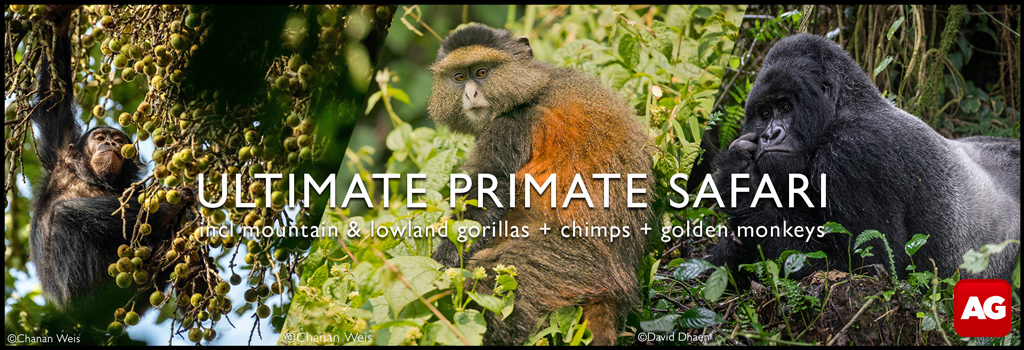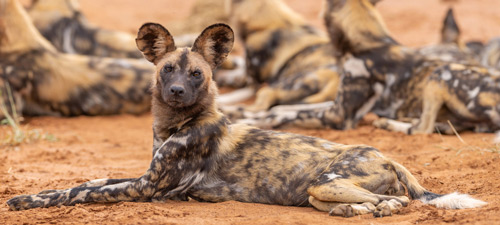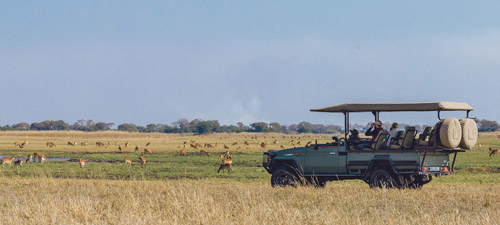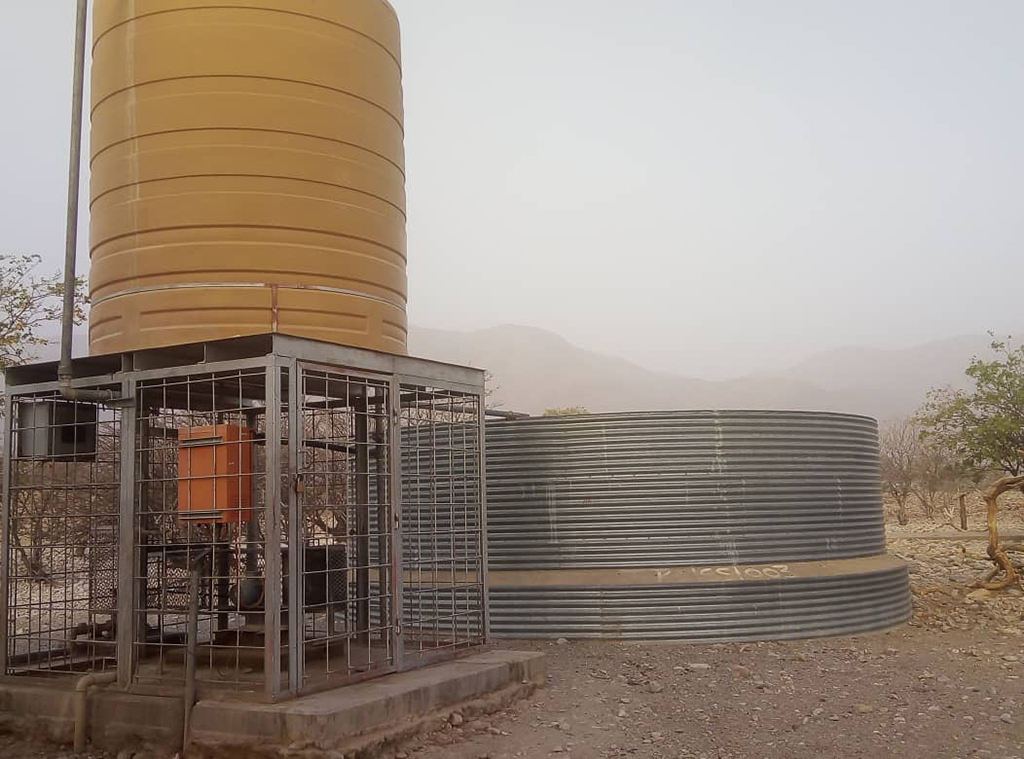
By Emmanuel Koro
If you want to be the number one enemy in rural African communities, tell them to stop using their land for cattle production. Cattle are considered a status symbol in Africa. A family’s wealth or status is generally measured by the size of the herd of cattle it owns.
Despite this, Namibia’s Anabeb Conservancy residents switched from using their land for cattle production in favour of wildlife trophy hunting. Why did they do this?
The benefits that the Anabeb Conservancy’s 200 households have been receiving from hunting over the years led to a decision in 2019 to completely abandon a centuries-old African culture of using land to support cattle. Today, wildlife roams freely where herds of cattle used to graze. It is a rare cultural transformation brought about by the extraordinary and life-changing wildlife hunting benefits.
For Anabeb Conservancy members, wildlife hunting brings more money and makes more economic and conservation sense than cattle. Cattle need more water and grazing land than wildlife. The wildlife land-use option also reduces human-wildlife conflict, as there are no wildlife revenge-killings for attacks on their cattle.
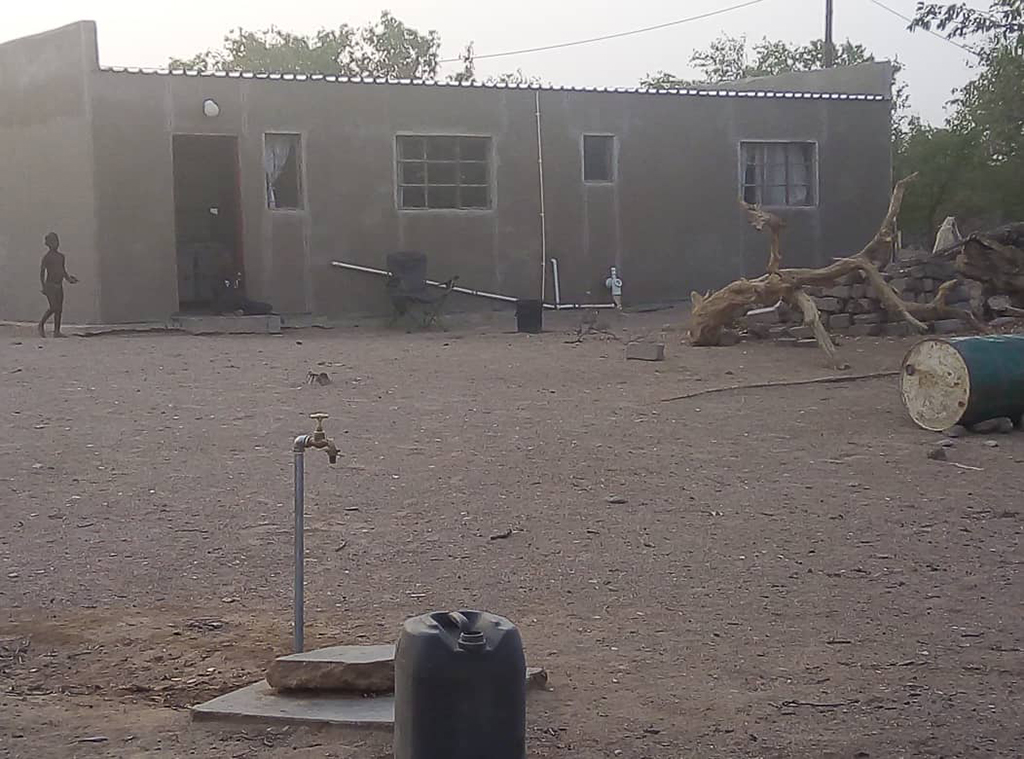
“If you sell one cow you get US$125(N$2000) while a kudu fetches US$935 (N$15 000) or more depending on size,” said Anabeb Conservancy Chairman, Ovehi Kasaona, in an interview this week. “Therefore, our Conservancy decided last year to sell all our cattle and use the land for wildlife hunting and tourism lodges that we have built using hunting revenue.”
The hunting benefits to Namibia’s Anabeb Conservancy include the provision of water “within a five-metre distance for each household.” This has drastically reduced the long distances women and children would walk every day to fetch water in the dry landscape.
These impressive advancements due to hunting revenue have resulted in a significant improvement to people’s livelihoods in the Anabeb Conservancy, including better educational, health and sanitation services. The Conservancy recently used some of this revenue to buy an ambulance for the local clinic, making it easier for pregnant women and other residents from this community to receive emergency medical care. This, in turn, helps to prevent needless loss of lives.
Chairman Kasaona said that other infrastructural developments include the recent construction of a children’s learning centre or kindergarten, known as a crèche in some parts of southern Africa.
“Last year we built a kindergarten using hunting revenue,” he said. “We also upgraded ablution facilities at a local school. So, whoever is doubting the benefits of hunting must come and witness the benefits that Anabeb Conservancy where residents are getting significant benefits from hunting.”
He said that more crèches and primary schools would be built in the future. Every village with 50 households shall have a kindergarten and a primary school.
“We want to cut down on walking distances to school for our children,” said Chairman Kasaona. “We will also start a trust fund to send people from this Conservancy to university to study tourism.”
All the 200 households in Anabebi Conservancy now have tap water, unlike before when women and children walked long distances to fetch water. This has removed the risk of being bitten by snakes while fetching water and crossing dangerous roads. It has also lessened the danger of women and children being victims of crime.
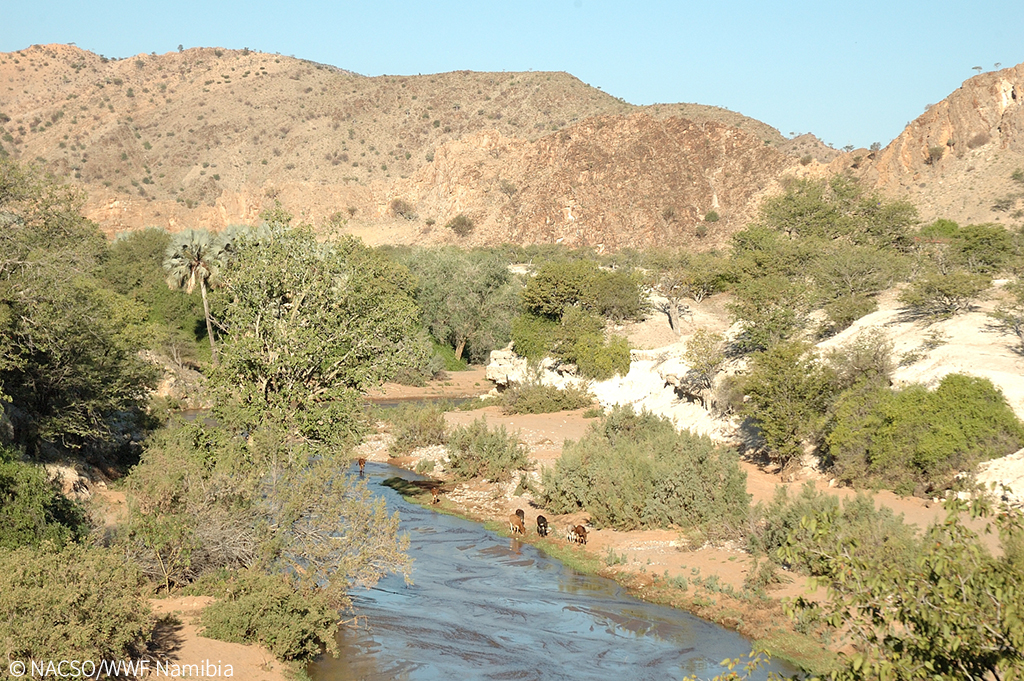
“Wildlife hunting revenue has brought us water and backyard gardens,” said Chairman Kasaona. “The Anabeb Conservancy residents are now producing their own fruits and vegetables. That’s empowerment. They no longer need to go and buy fresh produce from the market. This helps fight poverty as they are now saving money that they used to buy vegetables and fruits from local stores. Anyone can come and witness for themselves these rare life-improving developments.”
Chairman Kasaona said that residents of Anabeb Conservancy are very excited about the socio-economic benefits that they are enjoying from wildlife revenue.
“When our animals see us, they are happy, and they don’t run away from us,” he said. “We are friends.”
Reacting to the anti-hunting Western animal rights groups, Chairman Kasaona said that these Western people “seem to be ignorant” about how people love wildlife in Anabeb Conservancy.
“We protect our wildlife, he said. “Therefore, we condemn such anti-hunting attitudes because we are harvesting wildlife sustainably and so protecting them. We totally reject the whole Western animal rights movement’s anti-wildlife-use ideology. For us, in Namibia, we are sorted, and we love our animals. We look after them. We are co-existing with wildlife very well. We are happy.”
The benefits of wildlife have brought a complete change of attitude towards wildlife in the entire community. Some of the Anabeb Conservancy residents, once wildlife poachers, have become the protectors of wildlife. Apart from being the leader of Anabeb Conservancy, Chairman Kasaona perhaps represents the most dramatic mindset reformation – from being a poacher to a wildlife conservation champion.
“I remember poaching a big kudu for meat,” said Chairman Kasaona. “My friends were also poachers for meat, including my father and grandfather. My uncle even poached for rhino horn sale. In the past, when we saw wildlife, we saw meat for the pot. Now we are associating wildlife with tourism business such as lodges that we have built using money from wildlife hunting. This has created employment for people who work at the lodges and those involved with game drives.”
The important wildlife conservation lesson from Anabeb Conservancy is that when people benefit from wildlife, they see the need to conserve it.
“When they see a poacher, they inform the police about the presence of suspicious people in the area,” he said. “We benefit a lot from hunting. Species that are hunted here include kudu, mountain zebra, springboks, baboons, lions and oryx.”
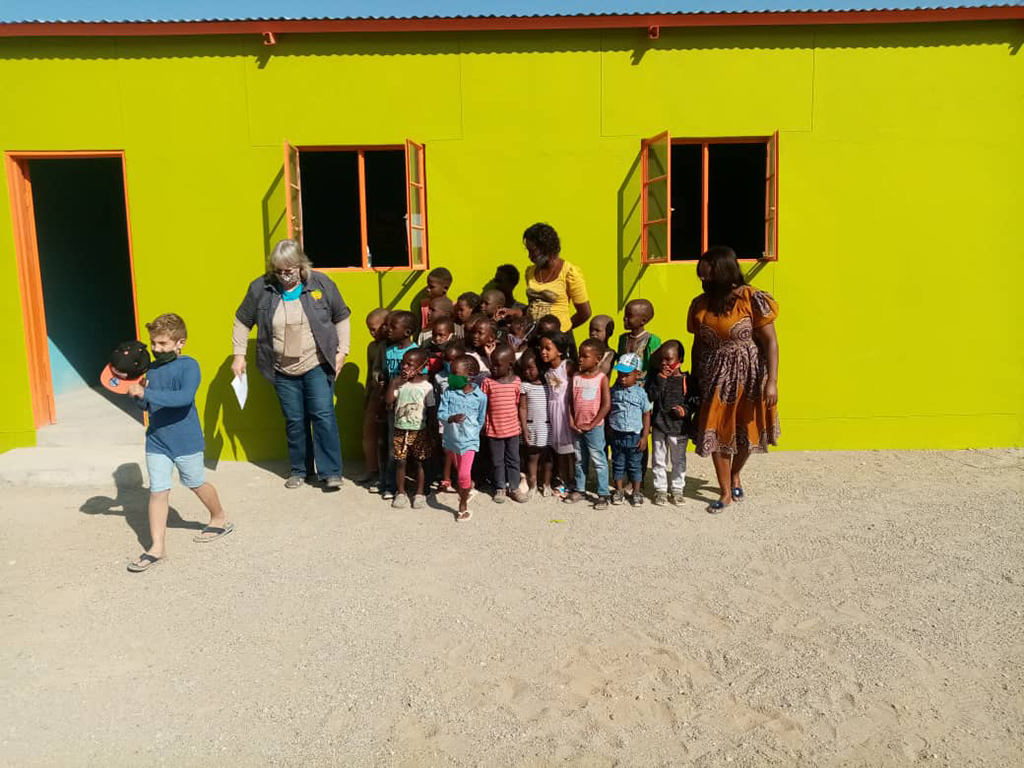
The gains of wildlife hunting revenue also include the potential of even bringing electricity to brighten up rural communities that get plunged into darkness when night falls. Accordingly, the Anabeb Conservancy has already planned to roll out in 2021, a wildlife hunting revenue funded solar power supply to all the 200 households.
“We want to invest in our children and the future generation. Our children do not have to suffer the hardships that we endured when we were growing up. The introduction of solar lighting means that our school children will be able to study for longer hours in comfortable environments, achieve pass rates and go on to do better professions,” said Chairman Kasaona. “This will further help uplift the community from poverty. The investment in solar lighting is a great investment since it is environmentally friendly as it removes the cutting down of trees for firewood and lighting and reduces climate change-causing carbon emissions. Indeed, we made a wise decision by shifting from cattle farming to wildlife hunting.”![]()
About the writer: Emmanuel Koro is a Johannesburg-based award-winning independent environmental journalist who writes and has written extensively on environment and development issues in Africa
To comment on this story: Login (or sign up) to our app here - it's a troll-free safe place 🙂.![]()

